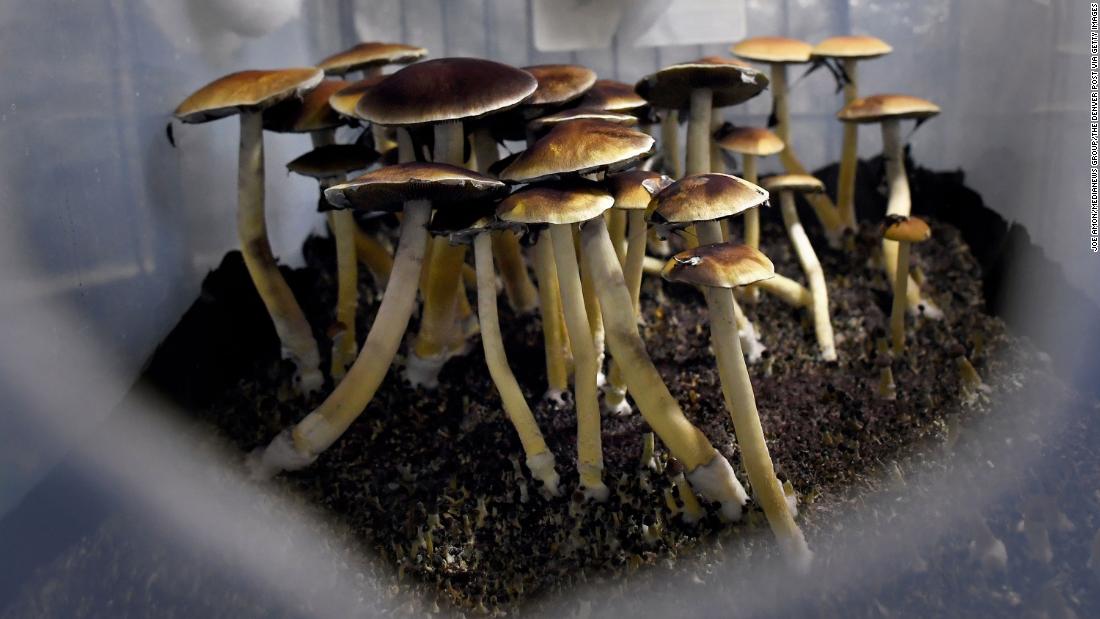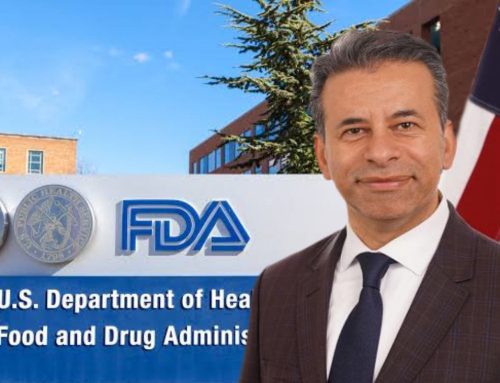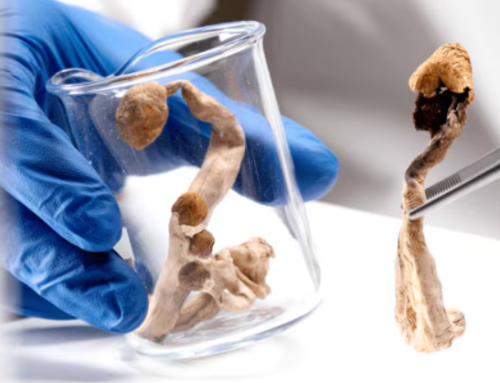Hawaii Introduces Bill to Regulate Psilocybin Therapy Amid Growing Interest in Psychedelic Medicine
LOS ANGELES- In an innovative step towards mental health treatment, Hawaii lawmakers have introduced legislation aimed at creating a regulatory framework for the therapeutic use of psilocybin. The proposed Senate Bill 3019, introduced by Sen. Chris Lee on January 24, alongside a companion House Bill 2630 by 14 representatives, seeks to protect patients opting for psilocybin therapy for conditions such as post-traumatic stress disorder, end-of-life anxiety, addiction, and more, without fully legalizing the substance.
The legislation outlines qualifications for individuals seeking psilocybin therapy, including being 21 or older, holding a high school diploma or equivalent, being a resident of Hawaii, and completing an approved psychedelic integration training program. Eligible conditions for psilocybin treatment extend to a range of mental health disorders, with the potential for additional conditions to be approved by the Department of Health upon recommendation by a licensed mental health professional.
Therapeutic sessions under the bill would be divided into three phases: preparation, administration, and integration, ensuring a structured approach to treatment. The proposal also addresses legal considerations, stipulating that psilocybin products or paraphernalia seized by law enforcement must be returned if the defendant is proven to be legally participating in the program. However, misuse of the therapeutic claim to avoid arrest would result in a $500 charge.
This legislative effort in Hawaii reflects a broader shift towards recognizing and integrating psychedelic substances into mental health treatment, differing significantly from approaches in states like Oregon and Colorado, which have taken steps to decriminalize or legalize psilocybin and other psychedelics. Oregon, for example, has seen substantial interest in its licensed psilocybin treatment centers, with hundreds undergoing therapy within months of the first center’s opening.
The introduction of the psilocybin treatment bill coincides with Hawaii’s ongoing discussions around cannabis legalization, demonstrating a progressive stance on drug policy and treatment. Attorney General Anne Lopez’s recent proposal for adult-use cannabis legalization further illustrates Hawaii’s comprehensive approach to reforming drug laws, focusing on taxation, social equity programs, and facilitating the transition of illegal cultivators into the legal market.
As Hawaii’s legislators navigate the complexities of drug policy reform, their efforts underscore a growing acknowledgment of the potential benefits of regulated psychedelic therapy and a more nuanced approach to substance use, reflecting a shift towards evidence-based, compassionate treatment options for mental health conditions.



































